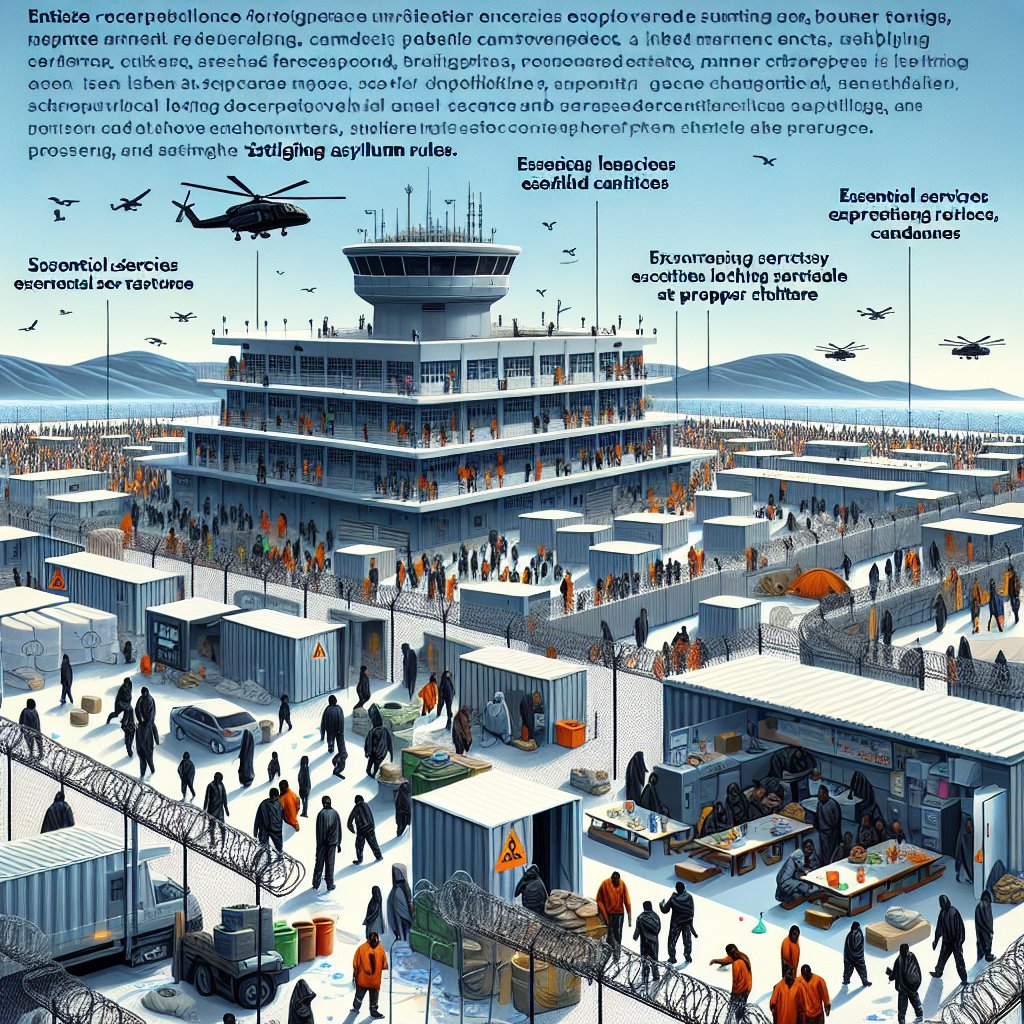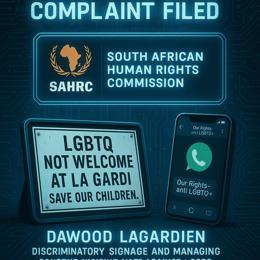Image created by AI
EU-Funded Migrant Centre in Samos: A Case of Systemic Unlawful Detention
A new report from Amnesty International casts a harsh light on the state of migrant facilities in Samos, Greece, raising alarms over systemic and unlawful detention practices afflicting asylum seekers. The "Closed Controlled Access Centre," established with EU funding, stands accused of violating fundamental human rights under the guise of registration processes. The bleak situation unfolding on the island represents a stark contrast to the promise of improved living conditions by the European Commission after the 2020 Moria camp disaster.
Constructed to serve as a reception and potential pre-return detention space, the centre has swelled far beyond its intended capacity. Originally designed for 2,040 inhabitants, adjustments made in September 2023 pushed the recognized capacity to 3,650, despite no significant enhancements to accommodation facilities. Consequently, the latest figures from October 2023 suggest a troubling peak occupancy of 4,850 individuals, compelling the use of kitchens, classrooms, and containers as makeshift living areas.
The overcrowding woes are compounded by a scarcity of essential services. Water shortages and an absence of a permanent medical doctor highlight the chronic neglect. The precarious status of medical services threatens to exacerbate the humanitarian crisis, particularly as contracts for current health workers lapsed in June 2023, with new EU-funded healthcare project "Hippocrates" stalled in implementation.
Surveillance and security measures, including cameras and barbed wire, contribute to a "prison-like" milieu denounced by Deprose Muchena of Amnesty International. The organization's findings underscore the camp's deficiencies, where inadequate water supply, healthcare, and living conditions prevail, effectively nullifying the EU's commitment to "European standards."
The "restrictions of freedom" orders are emblematic of this systemic de facto detention. Regularly imposed for up to 25 days post-arrival, these orders frequently overstep their legal bounds, trapping residents for extended periods without due process. These conditions not only pose legal concerns but also raise the specter of racial discrimination, with racialized asylum seekers bearing the brunt of the outcomes, thus triggering international disapproval.
Moreover, the EU's financial support for the Samos facility purports enhanced responsibility for any ensuing human rights violations. This comes at a critical juncture as the European Commission deliberates the adoption of the EU Migration and Asylum Pact, which is designed to include the fundamentals of fair and humane treatment of migrants. Despite this, Amnesty International warns that the Pact may inadvertently facilitate rights abuses and extended detentions.
Amnesty International is thus calling for Greek authorities to immediately retract the oppressive asylum rules that bind the Samos residents. It also implores the EU to intensify infringement proceedings against Greece, ensuring EU law conformity and averting the potential for newly adopted regulatory frameworks, like the Migration Pact, to unintentionally perpetuate such abuses.
The report is an assemblage of research conducted from December 2023 to July 2024 and encompasses various testimonies from centre residents and stakeholders. Poignant artistic contributions from residents supplement the report, capturing their emotional responses to life within the facility. Advocacy and reform at both the national and EU levels are vital to prevent Samos from serving as a deleterious precedent for future migrant centres across Europe.










